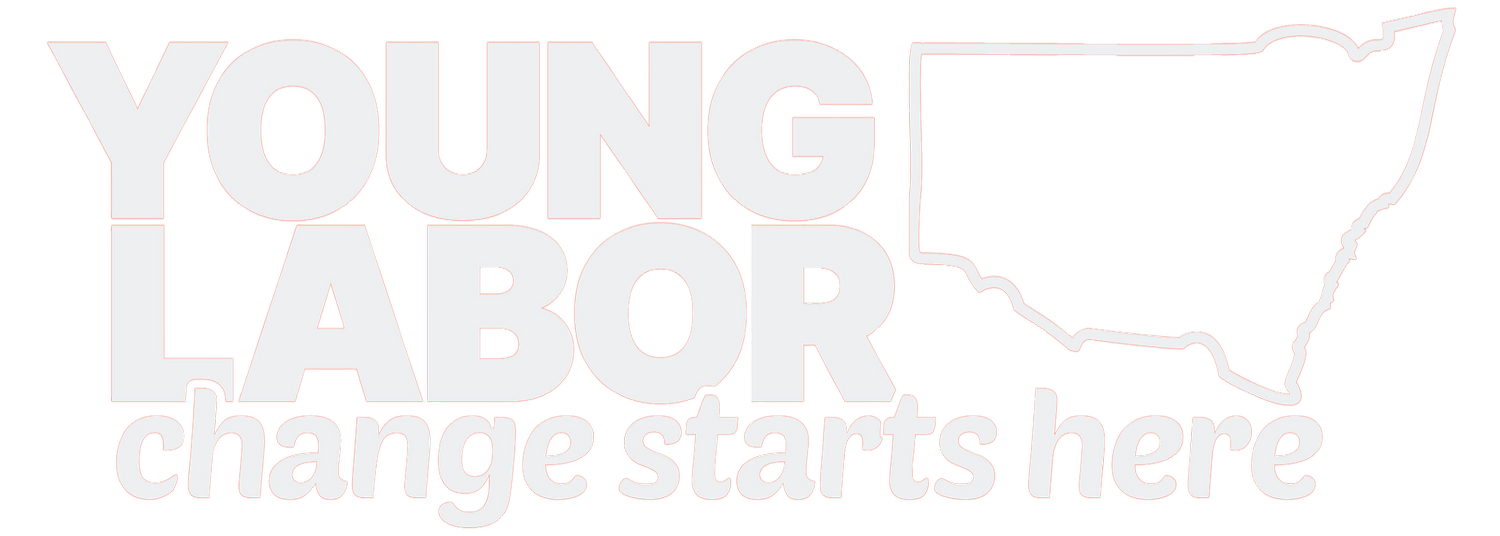The History of Disability Rights in the Labor Party
The Labor Party is the only political party that makes substantial and progressive change for young people. That is a sentiment that I still believe to this day, a sentiment which has been proven correct by the number of progressive social and economic advances both the Albanese and Minns Labor Governments have made in their short times in office.
The NDIS was a plan that was established with the good intentions of protecting the security and dignity of every disabled person in Australia. As Prime Minister Julia Gillard came up to the dispatch box to deliver a monumental moment in disability rights in Australia, she was in tears as she brought forward the strongest disability reform since the Keating Government.
As an autistic kid living in the hearts of Western Sydney, I admittedly did not understand the impact that this would have. Not only for my family, but for the thousands of Australians who were going to be protected by the Government. The NDIS provided extra funding to people with a disability, creating a foundation to build greater independence, access skills and jobs, access support services for over 500,000 Australians, including 80,000 children over the course of the past decade.
At this year’s National ALP Conference, the National Labor Enabled Network held its first fringe event where NDIS Minister Bill Shorten called for a staunch reform of NDIS policy, and National Labor Enabled moved progressive motions that changed the Labor Party Platform to update the Disability Discrimination Act (DDA) (1992), as well as to accept the Royal Commission into Violence, Abuse, Neglect and Exploitation of People with Disability.
As an autistic man, witnessing the Party platform change in front of my eyes to ensure Australia’s oldest political party protects the rights of disabled people is incredibly moving.
About a month later, the Royal Commission’s report was released with 222 recommendations from people and organisations with lived experiences that ultimately aim to benefit and protect the lives of people with a disability.
The Royal Commission exposed the violence and isolation that disabled children experience in homes and in schools, the exploitation of working disabled people through loopholes that allow their wages to be below the poverty line, and the lack of accessible housing that restricts support networks for disabled people.
The Royal Commission also proposed a future for disabled Australians where our country is more inclusive and accessible, where our human rights are protected.
Alongside Minister for Social Services, Amanda Rishworth, Minister Shorten welcomed the Royal Commission with open arms, calling it a “historic moment for Australians of disability, and in fact, all Australians”.
The nation and the government have a responsibility to protect us, and while ‘careful consideration’ is wonderful, it is just a start. I fundamentally believe that the Labor Party is the only political party able to make progressive and substantial change in Australia, and through the recent findings and recommendations of the Royal Commission, I know that our Party will do what is right by our disabled members and citizens.
To quote the Minister for Disability Inclusion, Kate Washington;
“this is an era for a reform rich environment for disability rights”
- The Hon. Kate Washington MP, Minister for Disability Inclusion

